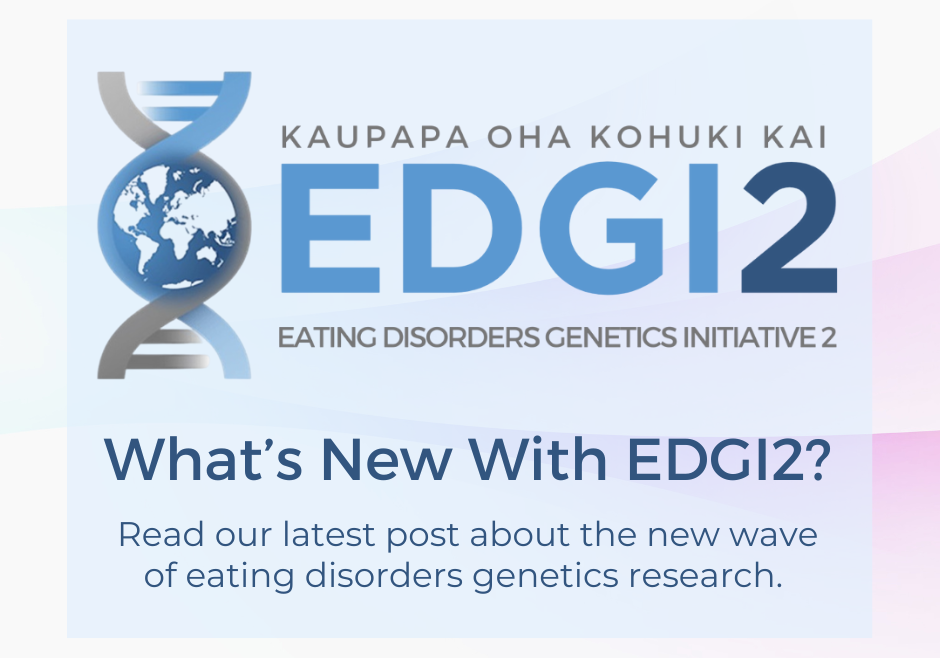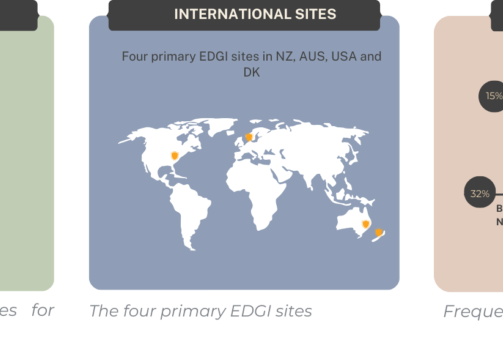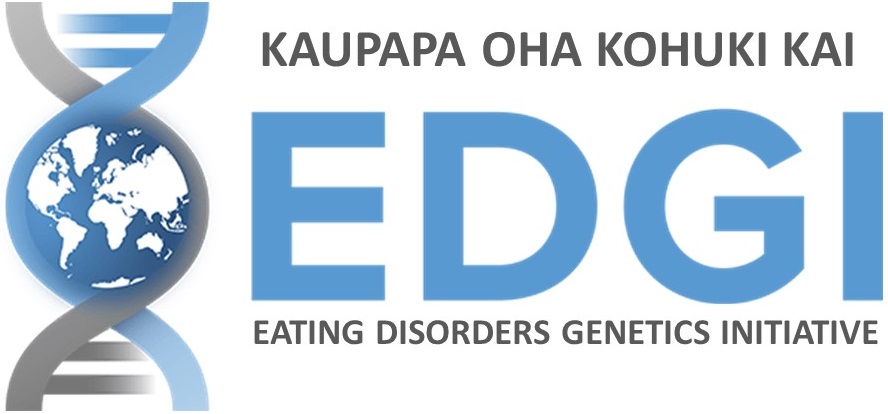News

Break the Bias: How Global Science Is Shifting the Narrative on Eating Disorders
Each year on World Eating Disorders Action Day, we unite across continents to shatter myths, amplify lived experiences, and demand better for those affected by...

World Eating Disorders Action Day: Break the Bias and Support Families
June 2nd 2025 is World Eating Disorders Action Day and this year’s theme is Break the Bias and Support Families (https://www.worldeatingdisordersday.org/). The EDGI2 team is...

ARFID & Co-Occurring Diagnoses: Is There a Line to Draw?
Avoidant/restrictive food intake disorder (ARFID) is found at higher rates in certain clinical populations and within certain neurotypes. Increasingly, researchers and clinicians are considering the...

Intermittent Fasting: More mentally harmful and less physically beneficial than claimed?
Intermittent Fasting and Disordered Eating Intermittent fasting is an eating pattern that limits food intake to specific time periods each day. There are various IF...

New study highlights specific recovery needs of youth with ARFID
ARFID Characteristics During Hospital Treatment ARFID stands for Avoidant/Restrictive Food Intake Disorder. ARFID is an eating disorder where someone avoids food, but not due to...

EDGI2: The Next Wave of Eating Disorders Research
EDGI1 vs. EDGI2: What's New in the Next Wave of Our Eating Disorders Study? Our Eating Disorders Genetics Initiative (EDGI) study has entered its next...

Copy Number Variants (CNVs) and Their Role in Anorexia Nervosa
Copy number variants (CNVs) are changes in DNA where sections are either repeated (duplication) or absent (deletion). These genetic differences can affect how genes work,...

End of 2024 Update from the EDGI Research Team
As December 2024 arrives, we thought it was a good time to reflect on the year. Here's an update on our activities over 2024. EDGI...


